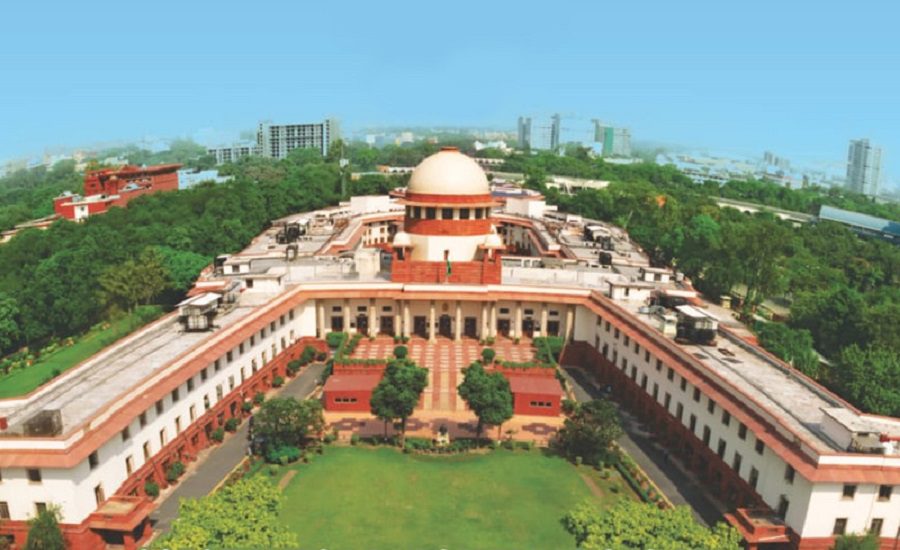New Delhi: The Union Government has filed a review petition in the Supreme Court challenging the landmark judgment delivered on May 23, 2025, which directed a “progressive reduction” in the deputation of Indian Police Service (IPS) officers to senior posts in the Central Armed Police Forces (CAPFs) within two years.
The Supreme Court bench of Justices A.S. Oka and Ujjal Bhuyan had ruled that IPS officers serving in the Senior Administrative Grade (SAG), up to the rank of Inspector General (IG), must be gradually phased out in CAPF deputations. Justice Oka has since retired.
Background of the Judgment and Ongoing Appointments
Despite the Supreme Court’s order, the Ministry of Home Affairs (MHA) has continued appointing IPS officers to senior CAPF positions, with at least eight appointments from Commandant to IG ranks made after the judgment. The Ministry submitted the review petition on July 11, six weeks after the ruling.
The case stems from demands by Group A officers within the CAPFs seeking Non Functional Financial Upgradation (NFFU), cadre review, restructuring, and changes to recruitment rules aimed at ending IPS deputation dominance and promoting internal career progression.
Implications of the Judgment and Government’s Standpoint
The Supreme Court recognized the CAPFs’ Group A officers as “Organised Services,” ensuring a structured promotional pathway within their own cadre. This ruling, if implemented fully, would drastically reduce the current quota of IPS officers in CAPFs, where presently 20% of Deputy Inspector General posts and 50% of Inspector General posts are reserved for IPS officers.
A senior CAPF official commented that the review petition could have far-reaching consequences on service rules formulation and cadre reviews across CAPFs. “The judgment was the result of prolonged hearings over several years,” the official added.
Centre Highlights Operational Necessity of IPS Deputation
The Centre has emphasized the necessity of IPS officers’ deputation for maintaining the operational readiness of CAPFs and ensuring coordination between the Centre and States. The Ministry submitted that CAPFs are federal armed forces of the Union, tasked with maintaining security while ensuring seamless cooperation between various administrative levels.
Overview of the CAPFs and Current Issues
The CAPFs include key forces such as:
- Border Security Force (BSF)
- Central Industrial Security Force (CISF)
- Central Reserve Police Force (CRPF)
- Sashastra Seema Bal (SSB)
- Indo-Tibetan Border Police (ITBP)
The Ministry of Home Affairs is the cadre controlling authority for both the IPS and CAPF officers.
Officers within CAPFs have expressed concerns that stagnation and the large number of IPS officers on deputation hinder promotions and morale. “Assistant Commandants who joined 15 years ago are still awaiting promotion because IPS officers from State cadres occupy senior positions,” stated a CAPF official.
An estimated 13,000 CAPF officers stand to benefit from the implementation of the judgment through accelerated career progression.
Read Also: 11 IPS Officers Deputed to CISF as MHA Fills Key Posts; Cadre Unease Grows – Details Inside
What’s Next?
The Supreme Court’s review of the petition will be closely watched by stakeholders across the law enforcement spectrum. The ruling and the government’s response will significantly shape the future composition and functioning of the CAPFs, impacting morale, administrative efficiency, and Centre-State coordination.



























